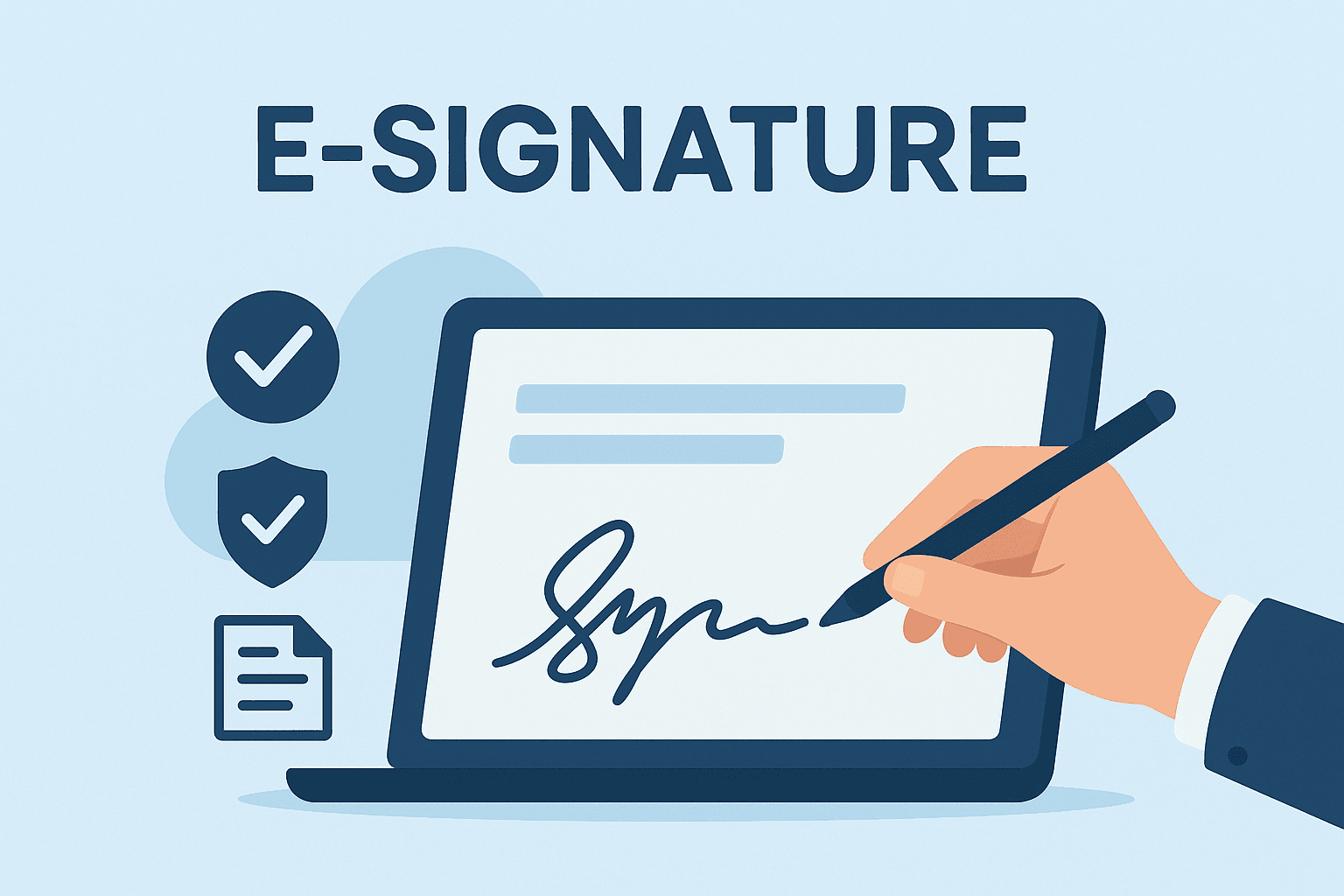can an original signature be digital





Can an Original Signature Be Digital? Understanding Local Laws and Legal Validity
In today’s globally connected digital landscape, a pressing question for businesses, legal professionals, and individuals alike is: Can an original signature be digital? With paperless transactions becoming the norm, knowing whether a digital signature holds the same legal value as a handwritten one is critical. The answer is yes — but with important caveats, particularly regarding local regulations and compliance requirements.
This article explores the legality, enforceability, and regional considerations surrounding digital signatures, especially in jurisdictions like Hong Kong and Southeast Asia.
What Is a Digital Signature?
A digital signature is a type of electronic signature that uses cryptographic techniques to secure and authenticate the identity of the signatory and ensure the integrity of the signed document. Unlike simple e-signatures, digital signatures rely on technology like Public Key Infrastructure (PKI) to validate the authenticity of a document and ensure it hasn’t been altered after signing.
They fulfill the same function as handwritten signatures: verifying the identity of the signer and indicating their intent to authorize or agree to the contents of a document.

Are Digital Signatures Legally Recognized as Original Signatures?
Yes, in most jurisdictions, digital signatures are legally recognized as equivalent to original handwritten signatures — provided they meet specific regulatory and technological standards.
For instance:
-
United States: Under the ESIGN Act and UETA, digital signatures are legally binding for most business, consumer, and government transactions — as long as the parties consent to the use of electronic signatures.
-
European Union: The eIDAS Regulation provides a robust legal framework for electronic identification and trust services, including qualified digital signatures, which have the same legal standing as handwritten ones.
-
Hong Kong: Governed under the Electronic Transactions Ordinance (Cap. 553), digital signatures created using a recognized certificate are legally binding and admissible in court, provided they meet prescribed security requirements.
-
Singapore: The Electronic Transactions Act (ETA) supports the use of digital signatures and recognizes digital certificates issued by approved certification authorities (CAs), such as Netrust.
These regulations establish clear criteria for what constitutes a valid digital signature, including the signer’s identity, intent, and the integrity of the signed document.
So, Can an “Original Signature” Be Digital?
From a legal compliance perspective — yes, a digital signature can serve as an original signature in many countries. The key is ensuring that the signature solution adheres to local legislation and legal definitions of what constitutes a valid, enforceable signature.
Let’s break it down:
-
A signature is considered “original” if it is uniquely linked to the signer, capable of identifying them, created using a method under their sole control, and able to detect any alteration to the data after signing.
-
In jurisdictions like Hong Kong, these requirements are fulfilled through the use of digital signatures backed by recognized certificates, making the digital version as valid as a physical ‘wet-ink’ signature.

Important Regional Terminology and Considerations
Understanding how each region defines and treats digital signatures is critical for legal enforceability. Terminologies differ slightly across legal systems:
-
Digital Signature vs. Electronic Signature: While often used interchangeably, legal frameworks in places like the EU (eIDAS) or Hong Kong draw a distinction. A basic electronic signature may not fulfil the same legal requirements unless it meets specific authentication and integrity standards — which is where a digital signature comes in.
-
Recognized Certification Authorities (CAs): Local laws often list licensed or recognized certification authorities. In Hong Kong, for instance, a digital signature must be supported by a certificate from a recognized CA like Digi-Sign Certification Services Limited.
-
Cross-Border Use: If signing parties are located in different jurisdictions (e.g., one in Singapore and one in the Philippines), ensure the digital signature meets the standards of both locations. Mutual recognition agreements or regional frameworks (like ASEAN digital integration strategies) can play a helpful role here.
Advantages of Using Digital Signatures
Digital signatures bring powerful advantages to both businesses and individuals:
-
Enhanced Security: Using encryption through digital certificates ensures data integrity and signer authentication.
-
Efficiency: Speeds up internal and external business processes. No need to print, sign, scan, and email documents.
-
Cost Savings: Eliminates paper, postage, administrative handling, and storage costs.
-
Verifiable Audit Trails: Most reputable digital signature platforms offer real-time tracking and audit trails for full traceability.

Real-World Use Cases
-
HR Documentation: From employment contracts to NDAs, digital signatures enable swift onboarding and compliance documentation.
-
Financial Agreements: Banks and fintech companies use legally compliant digital signatures for loan approvals, account opening, and policy subscriptions.
-
Legal Contracts: Law firms leverage digital signatures to sign and archive contracts with timestamps and evidence logs — reducing filing errors and enhancing dispute resolution.
-
Government e-Services: Public sectors now use certified digital signature tools to issue licenses, ID verifications, and tax filings.
How to Ensure Compliance?
-
Select a Platform with Regional Compliance: Not every eSignature provider complies with local electronic transaction laws. You must choose one that complies with region-specific frameworks like:
- Hong Kong’s ETO
- Singapore’s ETA
- Malaysia’s DDA (Digital Signature Act)
- Indonesia’s Law No. 11 of 2008 on Electronic Information and Transactions (ITE Law)
-
Encrypt and Certify: Ensure signatures are secured via PKI encryption and supported by time-stamped, tamper-evident certificates.
-
Audit and Storage: Maintain secure, accessible, and compliant audit logs for every digital transaction executed.

Choosing the Right Regional Digital Signature Provider
While global eSignature solutions like DocuSign and Adobe Sign remain popular, regional users in Hong Kong and Southeast Asia are increasingly turning to eSignGlobal — a DocuSign alternative optimized for local compliance and certification authority integration.
Why choose eSignGlobal?
- Fully compliant with Hong Kong ETO and other ASEAN digital signature laws.
- Supports recognized local certification authorities.
- Enhanced PKI encryption for enterprise-grade security.
- Seamless integration with existing document workflows and enterprise systems.
Reliable, regionally compliant, and trusted by thousands in Asia, eSignGlobal is the smart choice for businesses looking for legally compliant digital transformation.

Conclusion
To revisit the original question: Can an original signature be digital? Yes — in nearly all modern legal contexts, a digitally signed document is recognized as legally binding, as long as it meets local standards and technological validation requirements.
For companies operating in Hong Kong or Southeast Asia, investing in a reliable and locally compliant digital signature solution isn’t just about convenience — it’s a necessary step toward full legal compliance, smoother operations, and secure digital transformation.
If you’re seeking a regional DocuSign alternative tailored for your compliance needs, look no further than eSignGlobal.

 Only business email allowed
Only business email allowed


